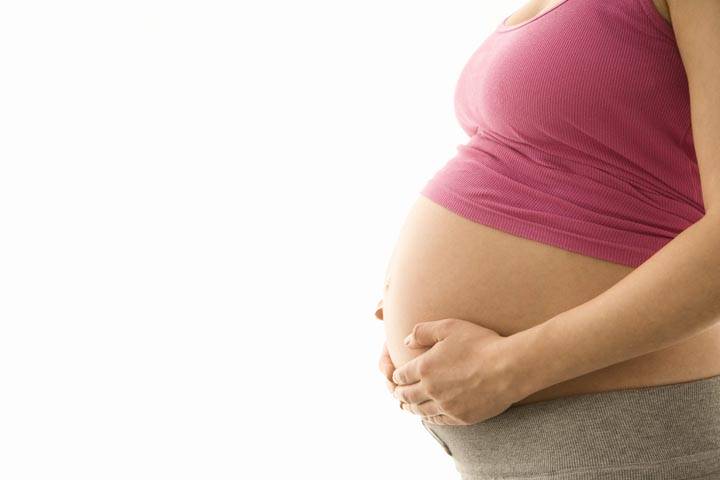Women living in rural Canada are at a higher risk of having serious complications during childbirth than their urban counterparts, and their children are at a greater risk of serious illness needing hospitalization, according to a new University of British Columbia study.

Researchers found that rural women have a two-fold increased risk of life-threatening complications like eclampsia, obstetric pulmonary embolisms, obstetric shock and rupture or tearing of the uterus. Babies born to rural mothers were also more likely to be pre-term, have a higher rate of morbidity, weigh more than what is usually expected (large for gestational age) and have an overall poor appearance of well-being at birth. These babies are also less likely to be admitted to the NICU for treatment.
READ MORE: What foods pregnant women should eat – and what they should avoid
Eclampsia, a serious condition, causes seizures in women during pregnancy or childbirth. An obstetric pulmonary embolism is a blockage in one of the pulmonary arteries in the lungs caused by blood clots, both of which are rare conditions, according to the Mayo Clinic.
“(Our findings) indicate that we should actually look at these women to see whether we can stratify them by their risk and their baby’s risk and see what we can do to provide them with better follow-up (care in regards) to their pregnancy,” says Dr. Sarka Lisonkova, the study’s lead author and physician at BC Women’s Hospital.
The study looked at all births in British Columbia between 2005 and 2010. Researchers concluded that mothers in rural areas were younger, more likely to have smoked or consumed drugs or alcohol during pregnancy, had more previous children and fewer prenatal visits, were more likely to have high blood pressure and were more likely to have used a midwife for their prenatal care.
What Lisonkova found particularly concerning, however, was the risk of eclampsia rural women face, especially since the rates of preeclampsia – or high blood pressure – were similar between rural and urban women.
Often, she says, managing preeclampsia involves careful monitoring for worsening symptoms to prevent eclampsia and harmful fetal or infant outcomes.
While it is not exactly known why the difference between rural and urban women exists, Lisonkova speculates that it could be a number of factors, including the availability of care in rural areas.
READ MORE: Stress in women linked to infertility: study
According to researchers, one-fifth of all births in Canada (excluding Québec) between 2000 and 2012 were to women living rural and remote areas. However, many maternity centres in these areas have been closed over the years. In fact, 17 per cent of rural women must travel more than two hours to a health centre to give birth.
The study also says that it’s important for maternity care providers in rural regions to be aware of these potentially life-threatening complications as they often need more advanced obstetric and neonatal care.
The next step, Lisonkova says, is to figure out exactly why these differences between rural and urban women exist.
- Naloxone-resistant street drug linked to 9 deaths in Eastern Canada seized in Alberta
- ‘She gets to be 10’: Ontario child’s heart donated to girl the same age
- Buzz kill? Gen Z less interested in coffee than older Canadians, survey shows
- Bird flu risk to humans an ‘enormous concern,’ WHO says. Here’s what to know







Comments